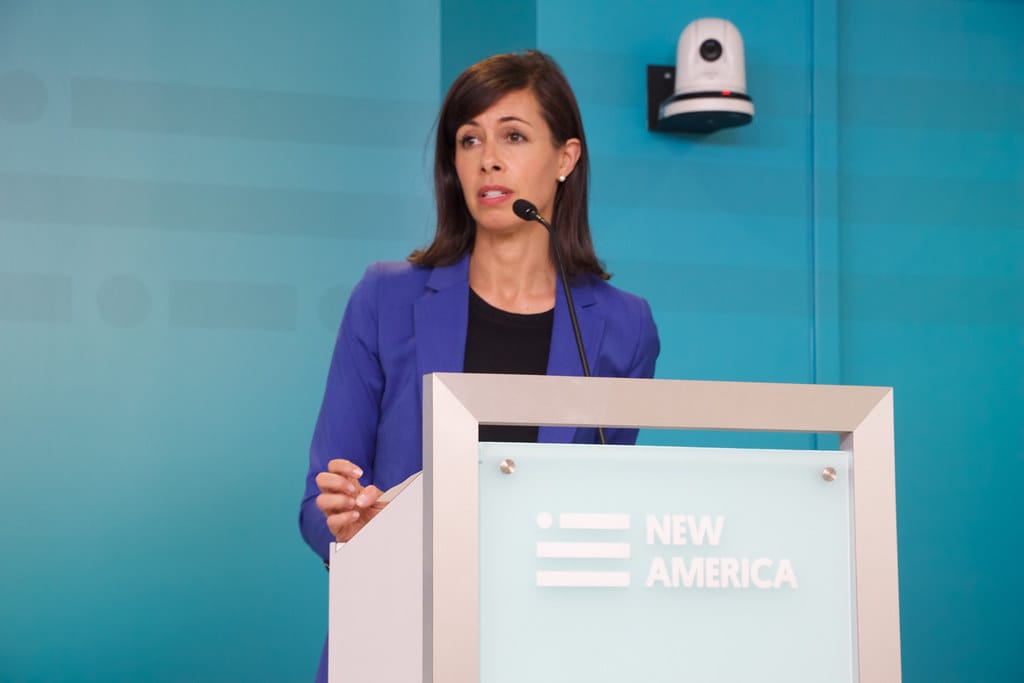The FCC Votes To Push Up Deadline For Small Carriers To Comply With STIR/SHAKEN
The FCC voted to cut the time small providers had to become STIR/SHAKEN compliant by one year.
Benjamin Kahn

May 20, 2021—The Federal Communications Commission unanimously voted Thursday to shorten the deadline by which small voice service providers must become STIR/SHAKEN compliant.
The FCC voted Thursday to bring sooner the deadline for smaller providers with 100,000 or fewer subscribers to comply with the phone call security protocol by a year, from June 30, 2023 to June 30, 2022.
STIR/SHAKEN is an acronym for Secure Telephone Identity Revisited and Signature-based Handling of Asserted Information Using toKENs. It is a caller identification technology that allows carriers to digitally validate the authenticity of a phone number, allowing a consumer to be sure that the number matches the supposed caller.
The impetus for this change followed a sharp increase in spoof calls targeting smaller carriers that were not yet compliant with STIR/SHAKEN. FCC Commissioner Geoffrey Starks pointed out that in March of 2021, more than 6.3 billion spoof calls had been made. This number broke the previous record which had just been set in October of 2020 with 6.1 billion spoof calls.
“Clearly, we cannot afford to let up on our efforts to identify the culprits of these annoying and frequently fraudulent calls,” Starks said.
Acting FCC Chairwoman Jessica Rosenworcel pointed out that while it makes sense to provide honest providers with additional time to become compliant with the new technology, it was time for a change.
“We recently discovered that some of these smaller companies are pumping large volumes of traffic onto our networks, and a lot of it looks suspiciously like robocalls. It is time to change course,” she said.
Rosenworcel said STIR/SHAKEN compliance is only one plank in the platform of addressing spoof calls. She pointed to the record-setting $255-billion fine the FCC recently handed down to Texas telemarketers using robocalls to sell fraudulent health insurance plans. She also stated that the FCC had issued ten cease and desist letters to providers that appeared to be complicit with spoof calling.
She indicated that it would take all these strategies working in tandem to stamp out robocalling and spoofing.










Member discussion